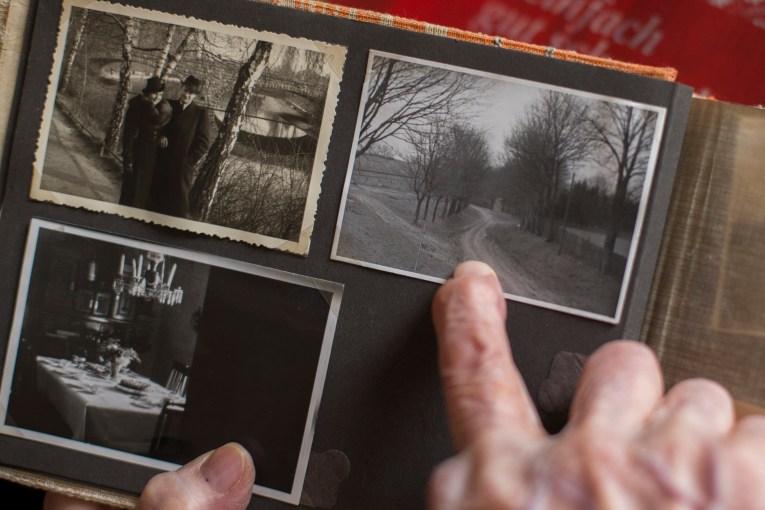Conservatives the favourite in UK election
Prime Minister David Cameron’s Conservatives have secured more seats than Ed Miliband’s opposition Labour Party, an exit poll has predicted, marking him as the favourite to form government.
Neither party is believed to have secured an outright majority of 326 seats after an estimated 32 million Britons voted overnight.
But after polls closed at 7 am AEST on Friday, the Conservatives may have secured as many as 316 seats to Labour’s 239, if the exit poll is to be believed.
• Polls open in the United Kingdom
• Best and worst front pages from the UK election
• Why Australia trumps the UK
• British MP declines sword fight duel
“This race is going to be the closest we have ever seen,” Mr Miliband told supporters on the eve of the vote.
Only the Conservatives would deliver strong, stable government and “all other options will end in chaos”, Prime Minister Cameron said.
Chaos is the likely winner in the short term, with a ‘hung parliament’ likely to trigger days or weeks of horse trading by the two majors in a race to be the first to form a coalition.
But Prime Minister Cameron’s supposed 77-seat lead puts him in good stead for when negotiations begin.
One setback for the Tories is that Nick Clegg’s Liberal Democrats, who are already in a coalition with the conservatives, are expected to haemorrhage seats, with the exit poll predicting they will plummet from 57 seats to 10.
After last year’s failed Scottish vote on independence and a strong campaign performance, Nicola Sturgeon’s Scottish National Party (SNP) stands to win almost every Scottish seat in the UK parliament, which is a good sign for Labour. Fifty-eight of 59 seats in Scotland will fall to the SNP, if the exit poll is to believed.
Nigel Farage’s anti-immigration UKIP party, widely derided as racist, has been forecast to win seats for the first time (although no more than three), giving him a small degree of power in resulting negotiations. UKIP gets two seats, according to the exit poll.
Australian-born Natalie Bennett heads The Greens, who held a single seat in the previous parliament and may gain another extra seat, the exit poll said.
Sinn Fein regularly picks up seats in Ireland, but has a policy of boycotting parliament, refusing to take up these positions in the House of Commons in protest at centuries of British oppression.
The UK exit poll — a collaboration between broadcasters the BBC, ITV and Sky — proved remarkably accurate last time around, predicting the 2010 result to within six seats.
But experts, including Conservative whip Michael Gove, urged caution.
The exit poll’s prediction that the centre-right party would win far more seats than Labour conflicted with months of pre-vote opinion polls showing the two majors to be neck-and-neck.
“I’d treat the exit poll with huge caution. I’m hoping for a good night but I think 58 seats is unlikely”, SNP leader Nicola Sturgeon posted online.
An estimated 15 million will have chosen not to vote in the UK election, where it is not compulsory to do so.
Of the 650 seats, 533 are in England, 59 in Scotland, 40 in Wales and 18 in Northern Ireland.
—with the ABC and agencies.








